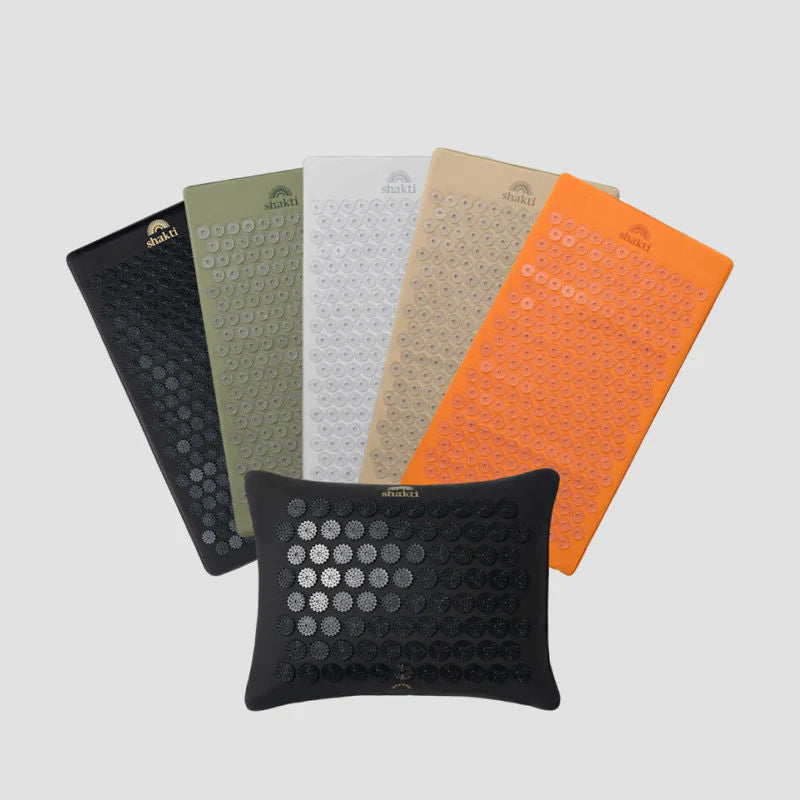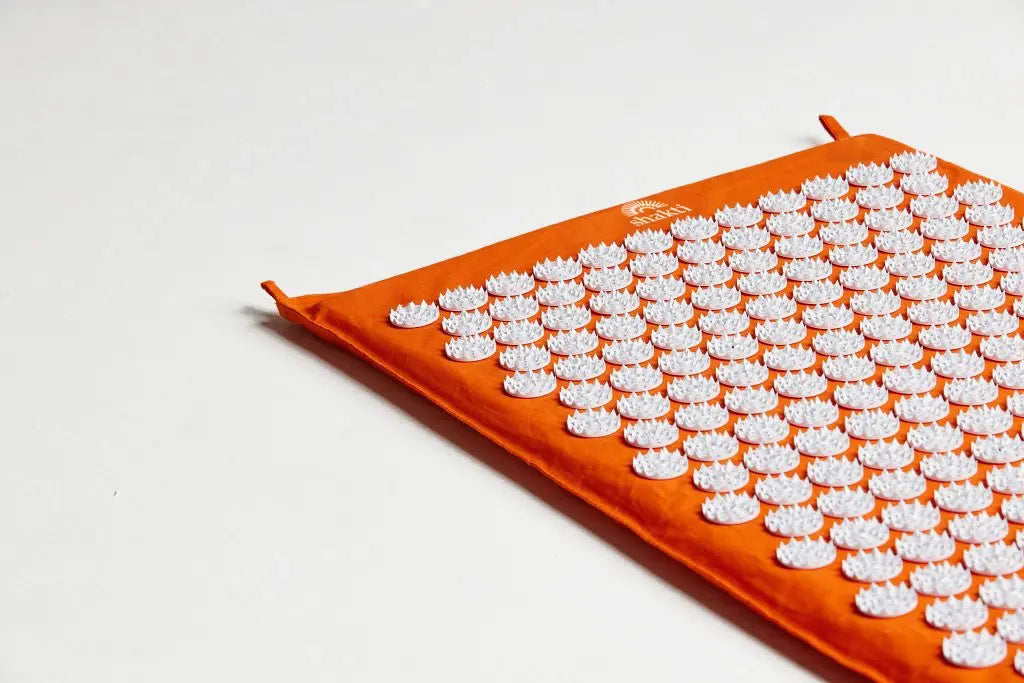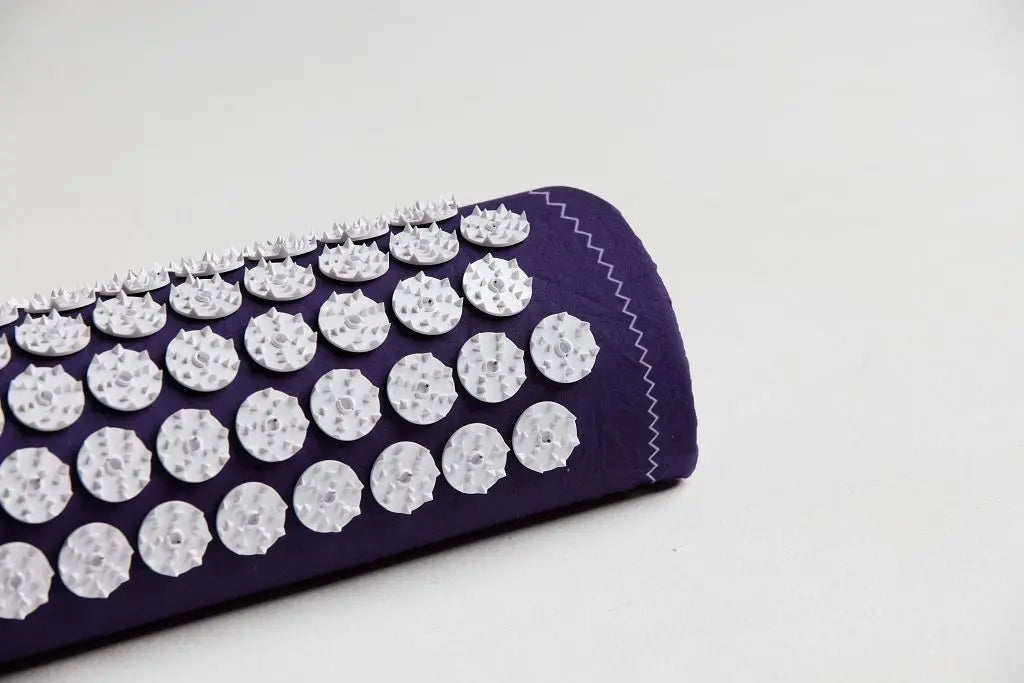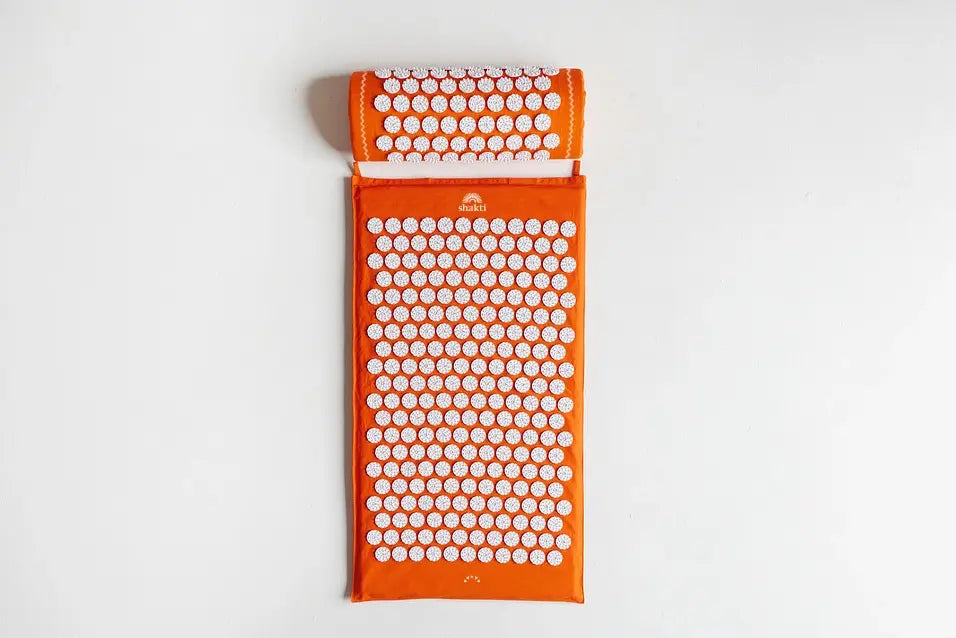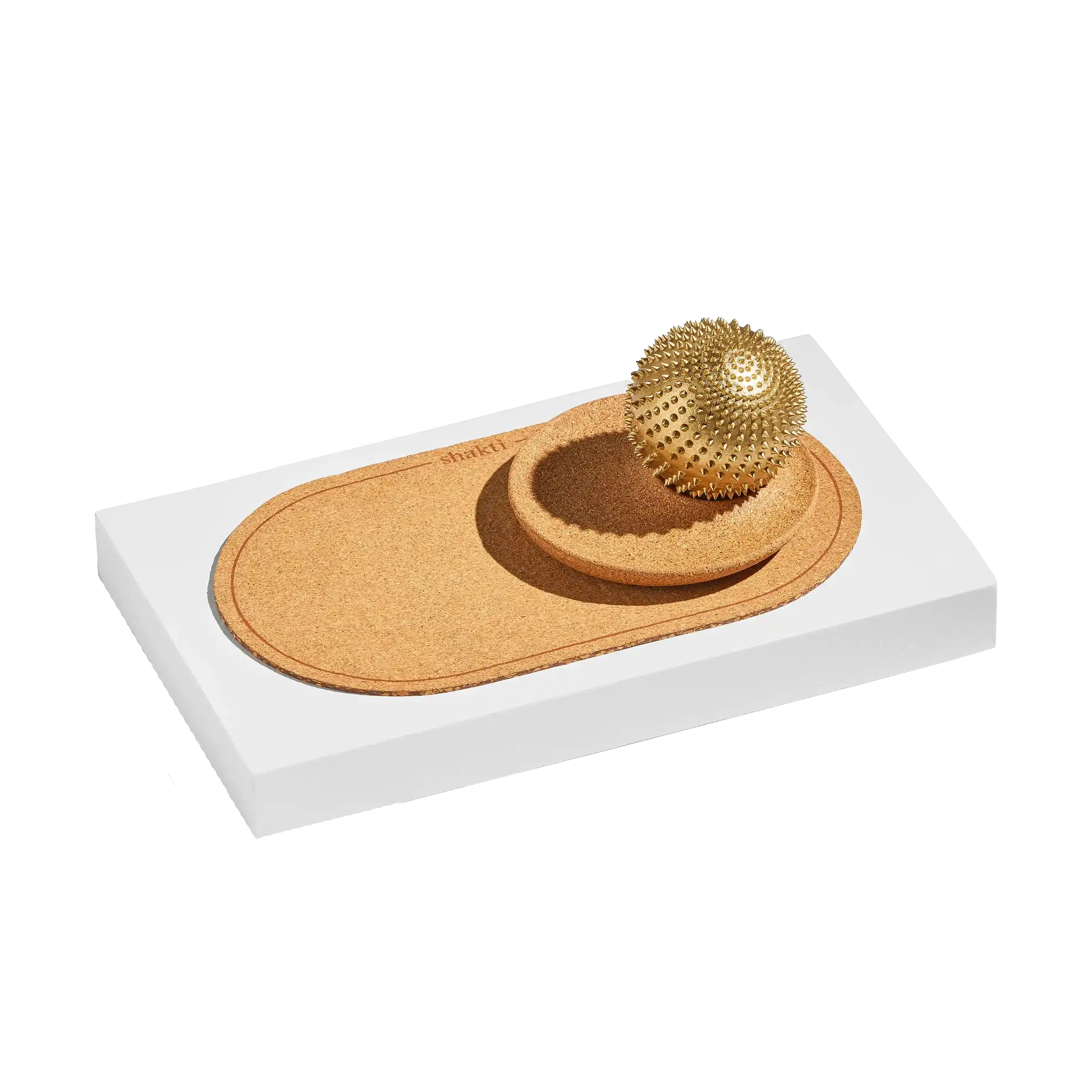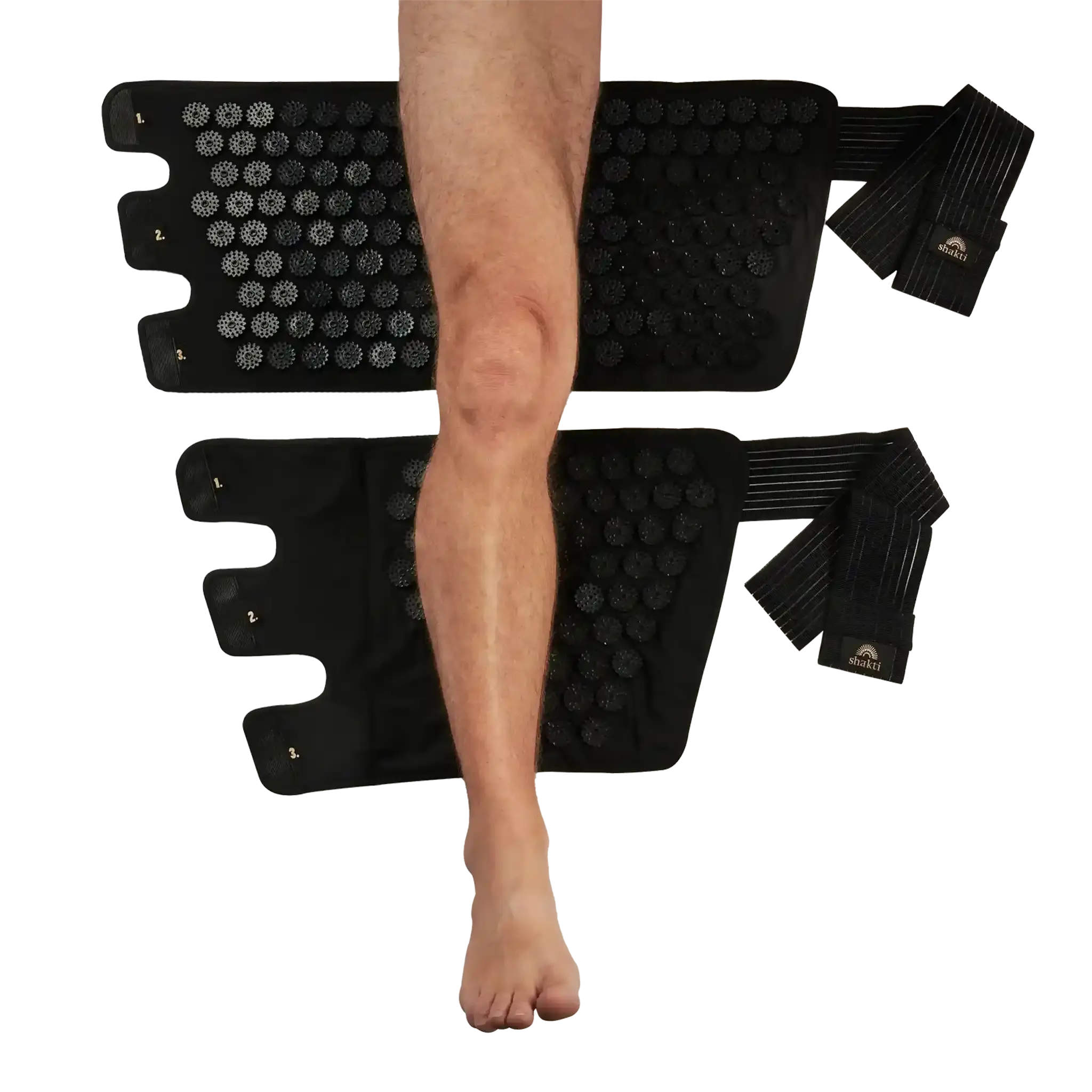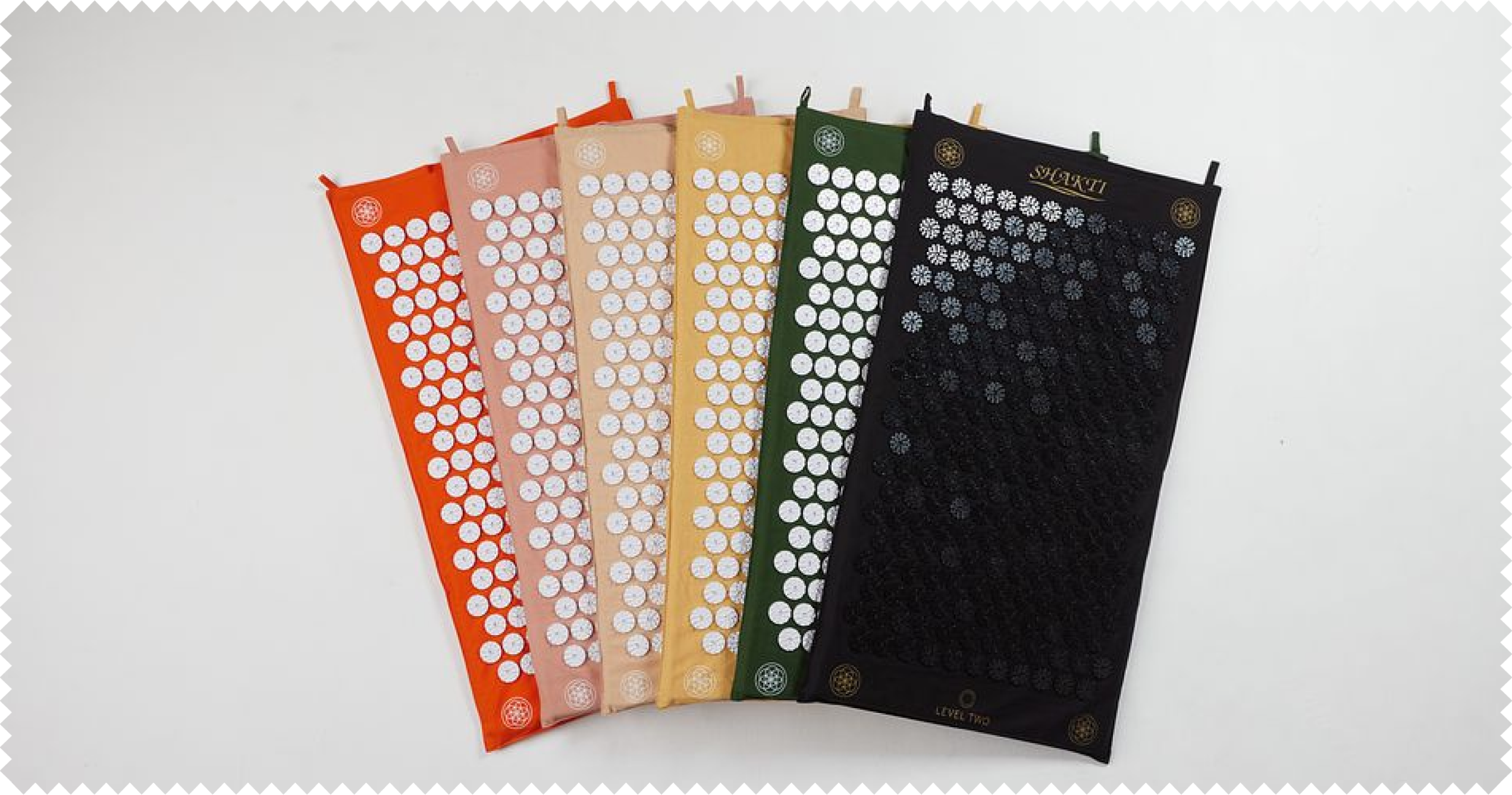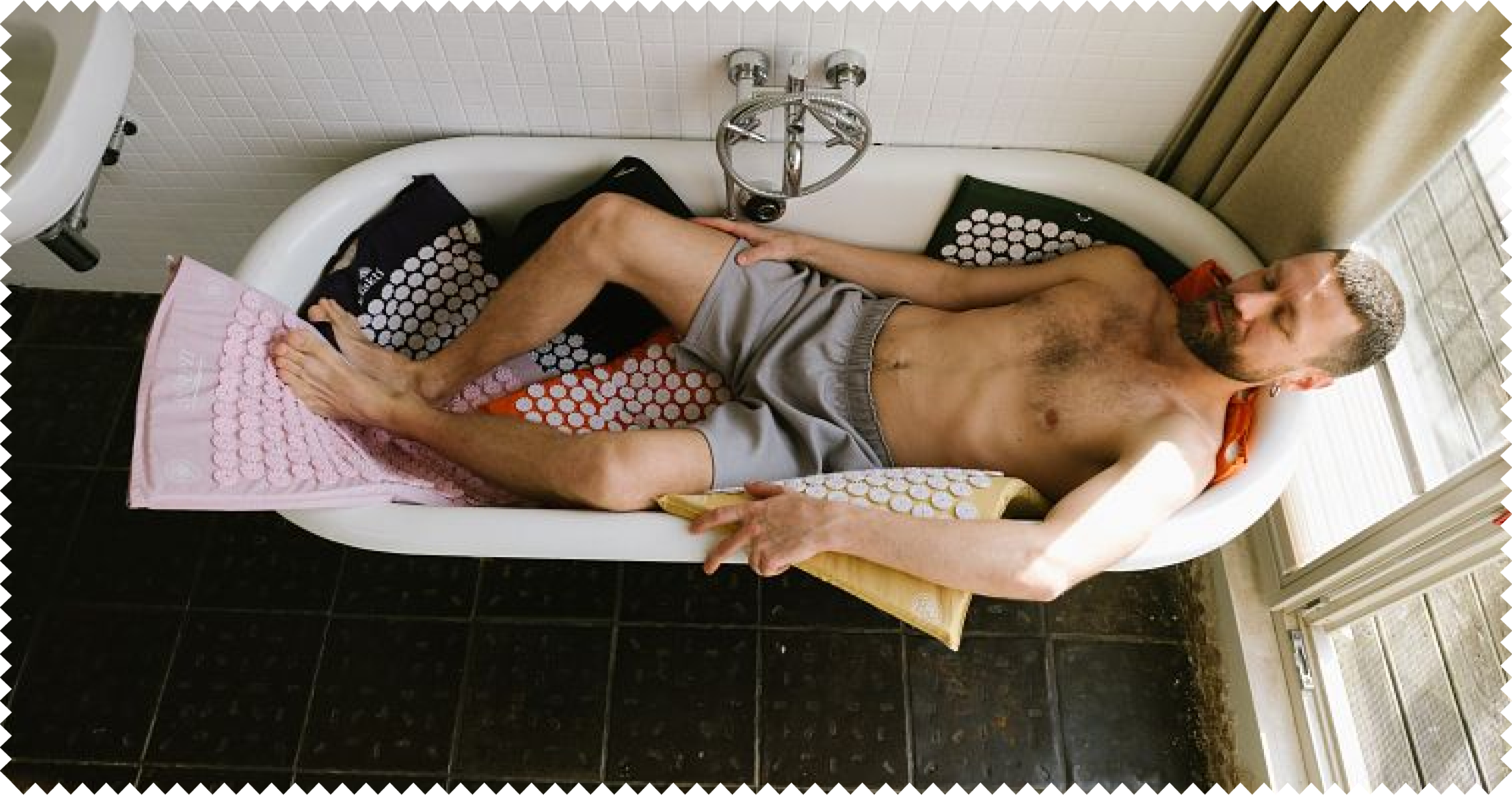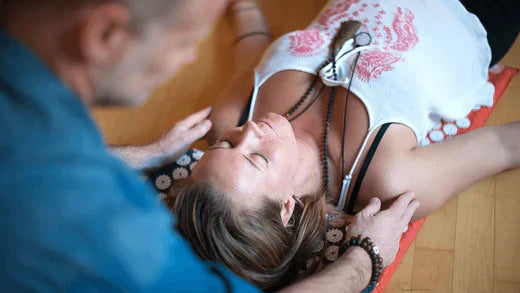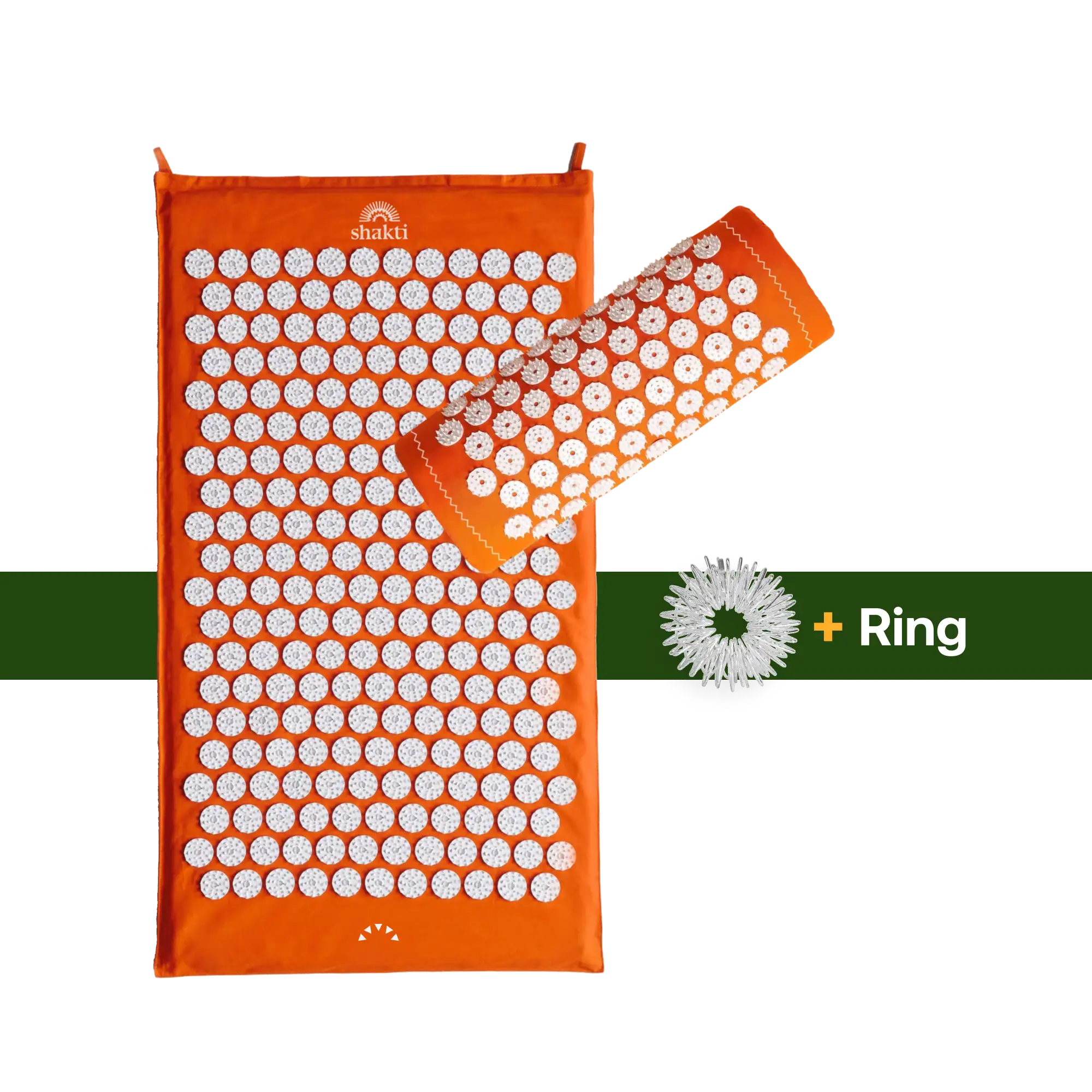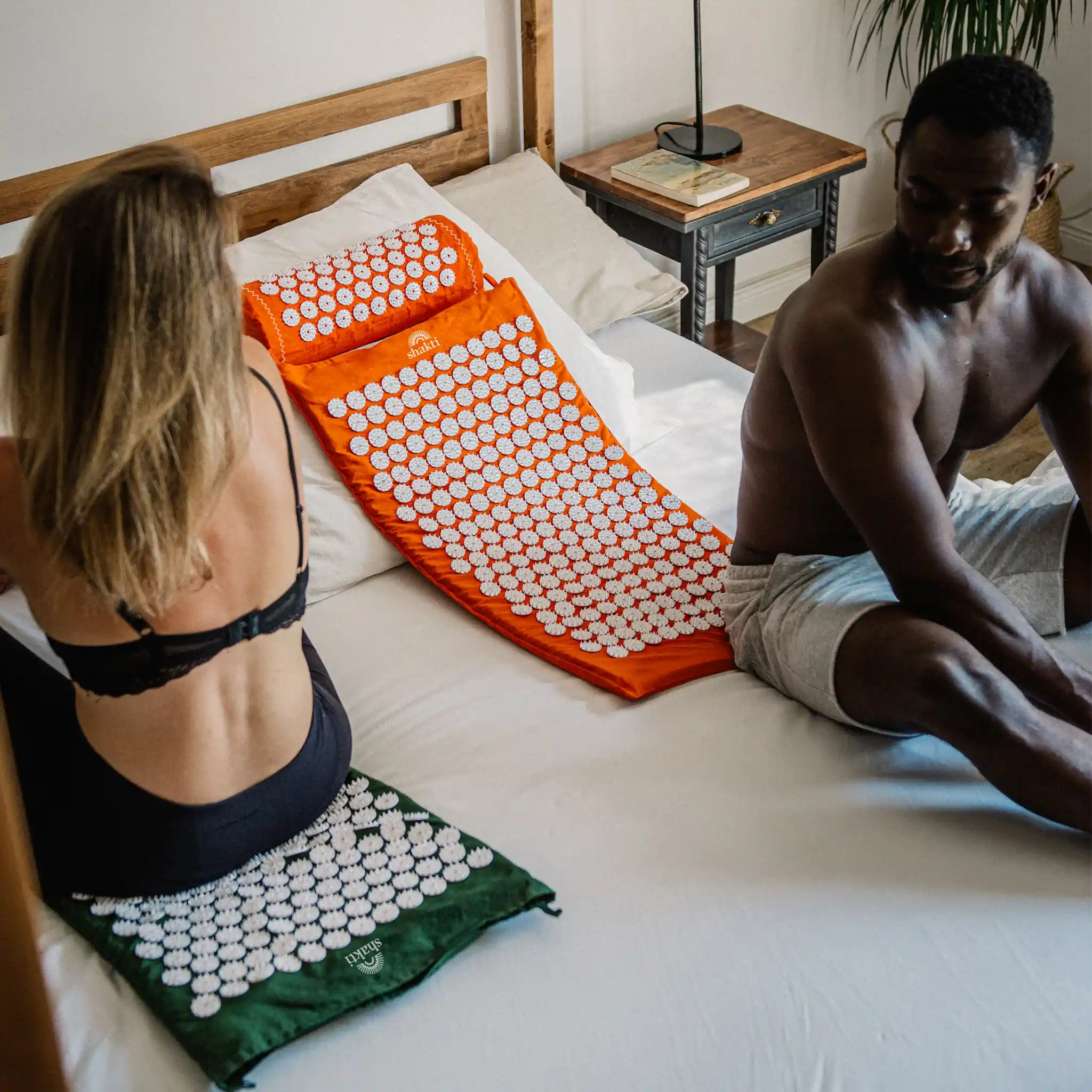Do you suffer from pain in certain muscle areas, tension or general stiffness? Then this could be muscle stiffness. Muscle stiffness can be the result of various factors, but usually indicates overuse or poor posture. Although not fundamentally dangerous, they can also cause a number of other problems and should therefore be treated, not least because they are uncomfortable. Today, we will introduce you to various ways in which you can relieve muscle stiffness and which additional measures will help you to avoid them in the future.
Content
1. symptoms of muscle hardening
2 Possible causes of muscle hardening
4 What to do in case of muscle stiffness?
5. massage for muscle stiffness
6. does an ointment also help with muscle stiffness?
7. conclusion: release muscle stiffness
Symptoms of muscle hardening
First, let's briefly explain how muscle stiffness manifests itself. Also known as muscle tension or trigger points, muscle hardening can cause a variety of unpleasant symptoms. They usually occur due to overuse, incorrect posture, stress or as a result of (sports) injuries. The symptoms of muscle stiffness can of course vary from person to person, but some common signs are:
- Pain: Hardening often manifests itself as localized pain, which can feel dull, stabbing or pulling. This pain can develop over a longer period of time or occur suddenly.
- Stiffness and restricted movement: Affected muscles may feel stiff and restrict movement. This may make certain movements painful or generally difficult to perform.
- Sensitivity to pressure pain: The affected areas can react sensitively to pressure. Even light pressure can cause pain and worsen the symptoms.
- Radiating pain: Sometimes muscle stiffness can also radiate pain to neighboring areas. For example, trigger points in the neck can cause headaches or facial pain.
- Numbness and tingling: In some cases, muscle stiffness can cause numbness or tingling in the affected areas, which may indicate nerve irritation.
- Sleep disorders: The pain and discomfort caused by muscle stiffness can interfere with sleep and lead to sleep disturbances, which in turn affects the body's recovery.
Important: You should always take a holistic view of your body in order to classify your symptoms correctly and act accordingly. The symptoms mentioned do not always indicate muscle stiffness and there are of course a whole range of others that have not been mentioned here. It's always a good idea to consult a specialist, especially if you're not sure. So before you set about trying to resolve any muscle stiffness on your own, get another diagnosis.
Possible causes of muscle hardening
Muscle hardening can be caused by a variety of factors, ranging from physical strain to emotional stressors. Basically, however, there must be a trigger that causes the muscles to overexert themselves and ultimately harden if the strain persists. One possible cause is physical overload or overexertion. This is particularly the case with frequently repeated movements in which the same muscle is strained over and over again. However, this does not necessarily have to be sport - poor posture or incorrect positioning can also cause a muscle to become overloaded. Think, for example, of sitting for long periods of time in office jobs, which often rounds the back too much and thus places incorrect strain on the back muscles.
Injuries can also have similar effects. Either the injured part of the body - due to a bruise, pulled or torn muscle - can develop muscle hardening, or other, primarily unrelated muscles, for example. This is because the injured part of the body is usually spared and the body is therefore stressed on one side. So if, for example, you have a pulled muscle in your thigh on the right side and now the left side has a hardened muscle, this is probably because of this.
Stress & other triggers
Often overlooked, but often particularly crucial, is stress. We all know how much tension can build up in the body due to emotionally difficult times and this muscular tension can cause muscle stiffness if not addressed. This physically manifested tension can persist long after the emotional situation has been resolved. So think back for a while if you can't think of a possible stressor at first.
In addition to the main causes, there are also some factors that do not trigger muscle stiffness, but can promote it. These include a lack of exercise, insufficient fluid intake and poor nutrition. All of these have a significant impact on the health of your muscles and the general condition of your freedom of movement. It is therefore best to ensure that you always provide yourself and your body with sufficient water, nutrients and exercise to effectively prevent muscle stiffness. Muscle stiffness is often the result of several of the possible causes mentioned. The more you know and observe yourself and your body in detail, the more precisely you can resolve muscle stiffness - because it is often not enough to alleviate just one of these factors.
Back, calves, thighs
One factor that you can look at separately to relieve muscle stiffness is where exactly it is located. The most common areas are the back, calves and thighs - and there are good reasons for this.
In the back: Muscle hardening in the back is common as this area is often subjected to excessive strain, especially when sitting for long periods, poor posture or heavy lifting. Commonly affected muscles are the trapezius muscle in the upper back, the back extensors along the spine and the muscles along the lumbar spine. Watch out for poor posture, lack of movement and stress to release these muscle stiffnesses.
In the thighs: Hardening in the thighs can be caused by excessive strain on the large leg muscles, such as the quadriceps at the front or the ischiocrural muscles (leg flexors) at the back of the thigh. These muscle groups are involved in many movements, such as walking, running and squatting. Incorrect movement patterns, insufficient warm-up before exercise or prolonged sitting can lead to muscle stiffness in the thighs.
In the calves: In the calves, muscle hardening often occurs due to overuse or dehydration. The calf muscles, especially the gastrocnemius and soleus, are heavily strained when walking, running and jumping. Tight shoes, insufficient stretching before training, one-sided strain or a lack of hydration can be common causes of muscle hardening and pain in the calf.
What to do in the event of muscle stiffness?
If muscle hardening has already occurred, there are various treatment methods that can both relieve muscle hardening and be used for further prevention - both for self-treatment and under medical supervision.
Self-treatment methods to relieve muscle stiffness
- Stretching and relaxation: Regular stretching of the affected muscles can help to relieve tension and improve flexibility. Relaxation techniques such as progressive muscle relaxation or yoga can also be helpful in reducing muscle tension and thus relieving muscle stiffness.
- Heat treatment: The application of heat, whether through warm compresses, hot water bottles or warm baths, promotes blood circulation and effectively helps to loosen and relax the muscles.
- Massage: Targeted massage techniques, such as trigger point massage, can be a very simple method of relieving muscle stiffness and improving circulation. For more details - see below.
- Hydration: Drinking enough water is important to keep the body hydrated and supply the muscles with sufficient moisture. This in turn ensures that muscle stiffness is not only relieved but also prevented.
Release muscle stiffness in treatment under medical supervision
- Physiotherapy: A physiotherapist can recommend specific exercises and techniques to strengthen, stretch and relax the affected muscles. He or she can also better assess the extent of the hardening and recommend possible further measures that will help you to release the muscle hardening.
- Drug therapy: In some cases, painkillers, muscle relaxants or anti-inflammatory drugs may be prescribed to relieve muscle stiffness.
- Acupuncture or acupressure: Alternative treatment methods such as acupuncture and acupressure can help to balance the flow of energy in the body and reduce muscle tension in general and in specific muscles. Use an acupressure mat for this.
- Injection therapy: In certain circumstances, injections of local anesthetics, steroids or other medications directly into the affected muscles can be used to relieve muscle stiffness.
It goes without saying that not all methods always lead to success. It can be useful to try self-treatment - especially if the muscle stiffness that needs to be relieved is not yet very painful or advanced. However, if this does not show any prompt success, you should not shy away from visiting a doctor. The further the tension progresses, the more painful and difficult it will be to release it. So listen to your individual needs.
Massage for muscle stiffness
As already described, massages are an effective method of relieving muscle stiffness. Relaxing the muscles can often be enough to relieve mild muscle stiffness. Through gentle stretching and targeted pressure techniques, massages can also lead to immediate relief from pain and discomfort. Massages also improve blood circulation in the affected muscles, which can help to ensure that more oxygen and nutrients reach the muscles. This accelerates the healing process and supports the removal of metabolic waste from the muscles. Another interesting side effect of massages is the release of endorphins. Well known as "happiness hormones", they also act as the body's own natural painkillers, which further relaxes the muscles and can help to break the vicious circle of tension and muscle stiffness. The resulting relaxation naturally also leads to improved mobility and a general feeling of well-being in your body.
In principle, we can therefore recommend regular self-massage, regardless of whether you want to relieve muscle stiffness or not. Massages are also an excellent preventative measure because they keep muscles and ligaments supple and significantly reduce the risk of injury. However, you should also approach the subject with the necessary caution and seek guidance from qualified professionals before attempting complicated techniques. After all, you want to help your body to relieve or prevent muscle stiffness and not cause it lasting damage.
Does an ointment also help with muscle stiffness?
Yes, even ointments can have a quick-relieving effect on muscle stiffness. This treatment is a frequently used method for the local relief of pain and muscle inflammation. Ointments, creams or gels containing anti-inflammatory, pain-relieving or warming agents can be applied to the affected areas to relax the muscles and promote blood circulation. Commonly used active ingredients include menthol, camphor, arnica, capsaicin and non-steroidal anti-inflammatory drugs (NSAIDs) such as ibuprofen or diclofenac. Such ointments can help to temporarily relieve the symptoms of muscle stiffness and support the healing process through the described effect.
However, ointments alone cannot treat the underlying cause of muscle stiffness. They should therefore only be considered as part of a broader treatment plan that also includes stretching exercises, massage, physiotherapy or other therapeutic measures - depending on the individual situation, cause and medical history. Before using ointments to relieve muscle stiffness, please always contact a doctor or pharmacist to check possible interactions with other medications and to ensure that the ointment is suitable for your specific situation.
Conclusion: release muscle stiffness
Even though it can be quite an unpleasant and painful condition, muscle stiffness is easy to relieve. It is by no means a permanent condition or even something that will permanently damage the muscle. It may take a while for your body to recover, but with the right approach, you'll soon be fit as a fiddle and able to enjoy your favorite activities!


